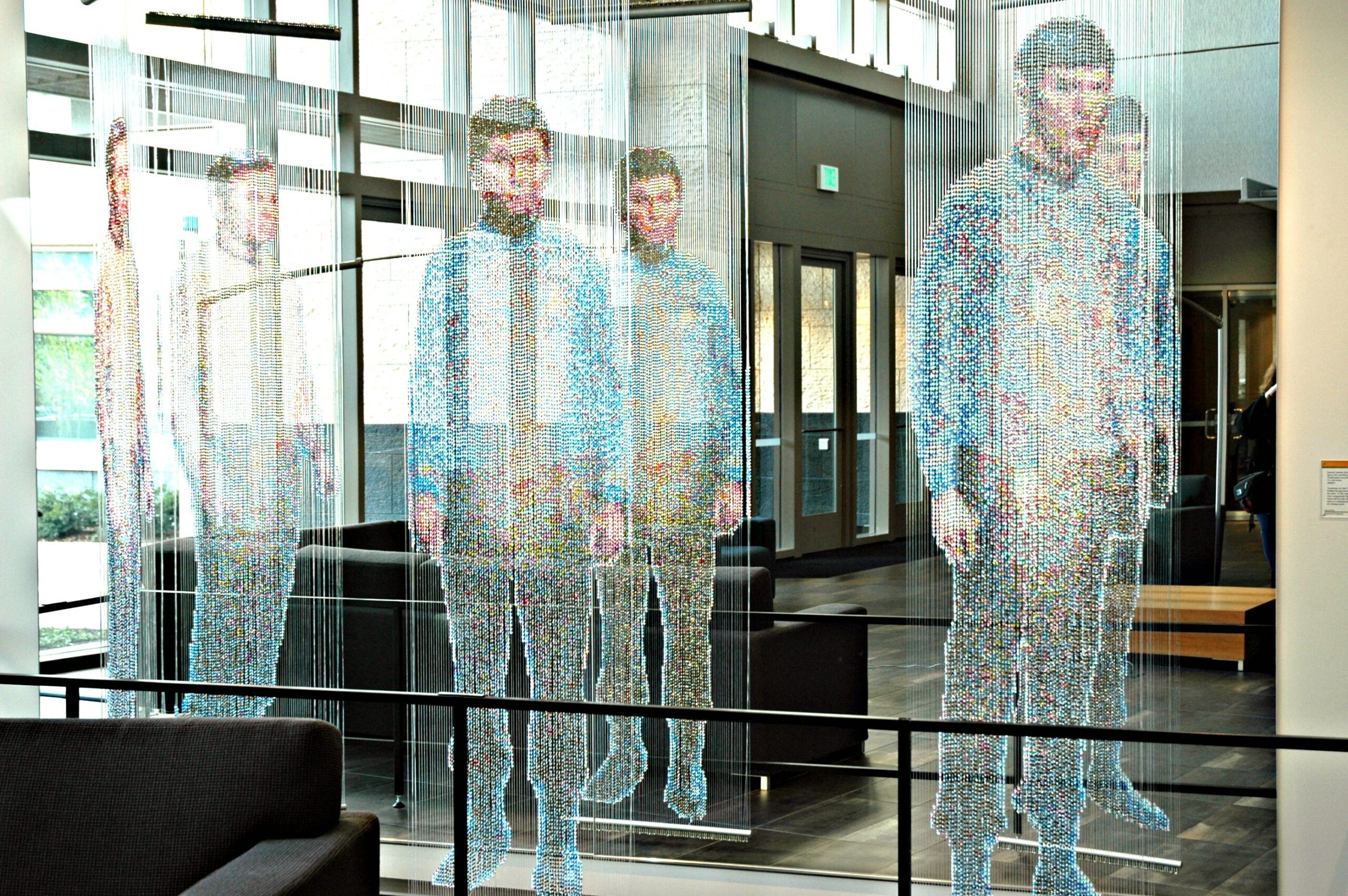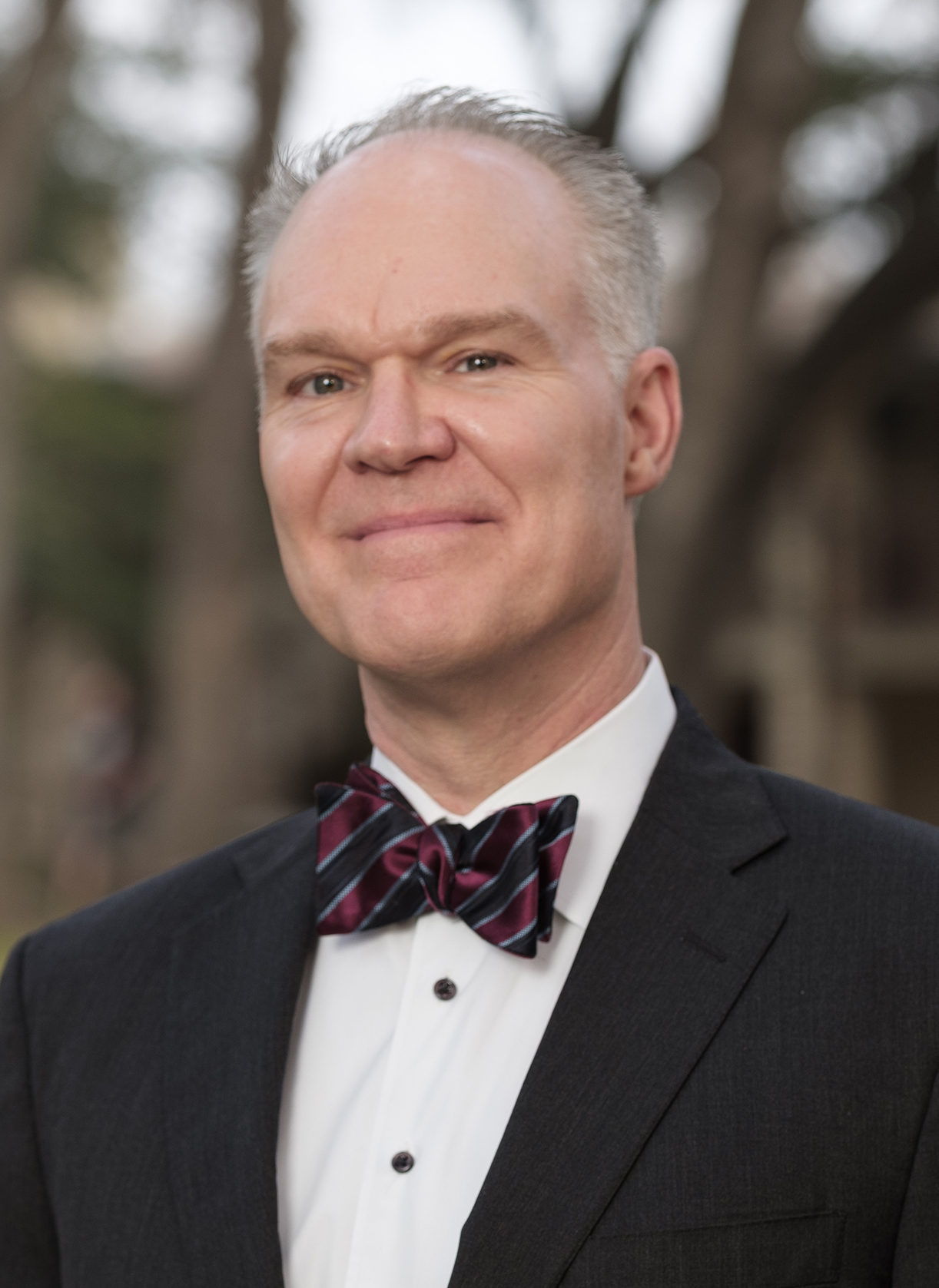By: The Rev. Dr. Steven Tomlinson
We’d expected anti-racism training, but Dr. Catherine Meeks (scholar, activist, gifted teacher, and Executive Director of the Absalom Jones Center for Racial Healing) didn’t let me and my M.Div. students off that easy.
Meeting with me before her visit to our class, she said, “Your course is about spiritual practice, so let’s practice – and let’s start as close to the heart of the matter as we can get.” She assigned homework – a reading about Carl Jung’s theory of the Shadow and a clip from that episode of the original Star Trek where a transporter malfunction splits Captain Kirk into two versions of himself, one violent and decisive and one benign and passive.
When we met on Zoom, I watched the students’ faces when she asked her opening question: “Who really annoys you? Who makes you mad? Who really pushes your buttons?” The students were quick to name the perpetrators of injustice and those who oppress their friends and themselves. Oh, and they didn’t like billionaires either. As the list grew, I could see the students leaning in, anticipating that Dr. Meeks was going to diagnose our enemies, to name the evil that infected their hearts.
Instead, she turned our judgment back on us. “Why do you suppose that particular billionaire sets you off?” The students were unprepared for this. She’d warned me, but her presumption that my reactions to others reflected something in myself was still irritating. She was charitably unimpressed with our resistance. “You’ve got lots of billionaires to choose from. Why do you suppose you get so worked up about this one?”
Dr. Meeks likes to begin her work of reconciliation by helping us make peace with ourselves. She invites us to discover our disowned parts, the qualities and tendencies and dispositions we don’t want to acknowledge and that show up in what we project onto others. She invites us to pay attention to what we react to – whether with anger, anxious laughter, disgust – and to consider the possibility that these reactions are clues to buried pieces of ourselves.
A lot is at stake in this work, she says. “In our communities, our congregations, all these projections and reactions burn up a lot of energy and distract us from the hard work of peace-making and justice” — and to be the leaders our congregations need, we’re going to need our whole selves. Whatever we’ve denied and disowned in ourselves is, carefully stewarded, a gift to offer others and fuel for ministry. The crew of the Starship Enterprise watches in horror as the violent Kirk tries to destroy the empathic Kirk incapable of self-defense, because they know it takes the whole Kirk to lead a successful mission.
Catherine Meeks isn’t taking up for greedy billionaires. She’s simply healing and equipping us to resist greed with all the strength that Spirit gives us. She isn’t denying the power of evil in the world. She’s merely skeptical that we’re seeing it clearly enough to do much about it. She wants to help us clean off our windshields so we can really see where we’re going.
In Dr. Meek’s view, the fundamental work of owning one’s Shadow is the prerequisite for anti-racist work. Once we see how wrapped up we are in self-denial and projection, we can identify this dynamic at work in our dealings and relationships with people who are different. Racial prejudice, well-rehearsed stories that “other” others, make it that much harder to see ourselves in our neighbors. Plus, until we’re willing to see ourselves as we are, our righteous indignation about other people’s racism is often just more projection.
The good news is that when we’re willing to see those parts of ourselves that we hide in shame, when we’re willing to put them on the altar for God to break and bless and give back to us as gifts, then we have no need to see others as different. When we no longer need people as screens for our Shadow slide shows, we are free to be with them in Christ’s love.
The problem is that this takes work. What I learned from Catherine Meeks and my students is that this work is exciting, infuriating, liberating — and a little easier to do with friends.
Questions for reflection:
How might you prepare yourself to see what you’re projecting onto others?
What could become possible for you if you could reclaim what you’ve disowned in yourself?
This fall, Sowing Holy Questions reflects on the personal and professional impacts of the Black Religious Scholars Group Visiting Professor partnership of the past five years.
*The featured photo for this blog post is a Star Trek sculpture by Devorah Sperber called Three Beaded Figures (Beaming-In) which is on permanent display in the lobby of the Microsoft Headquarters in Redmond, Washington



